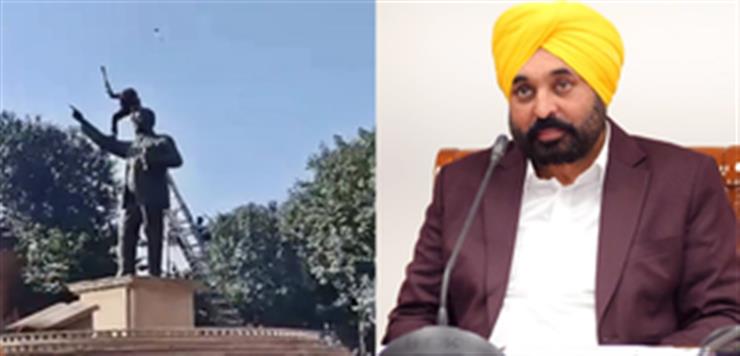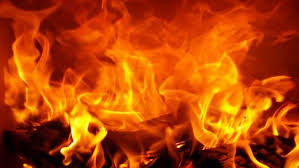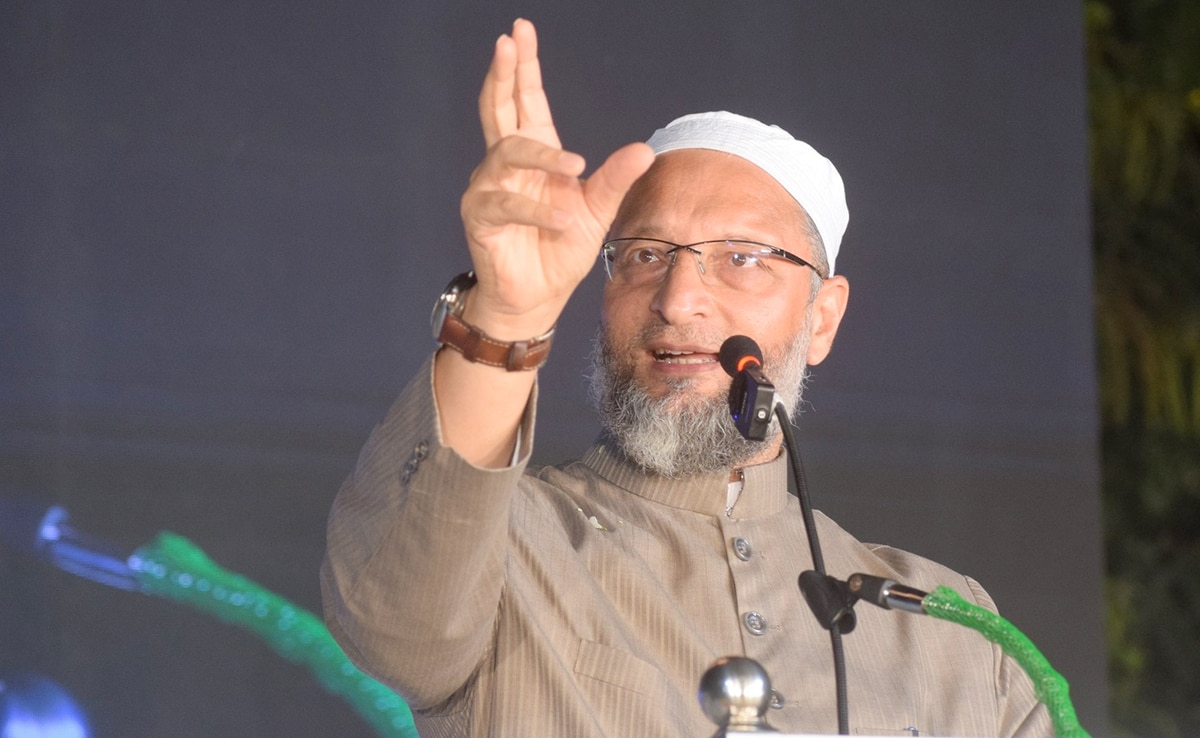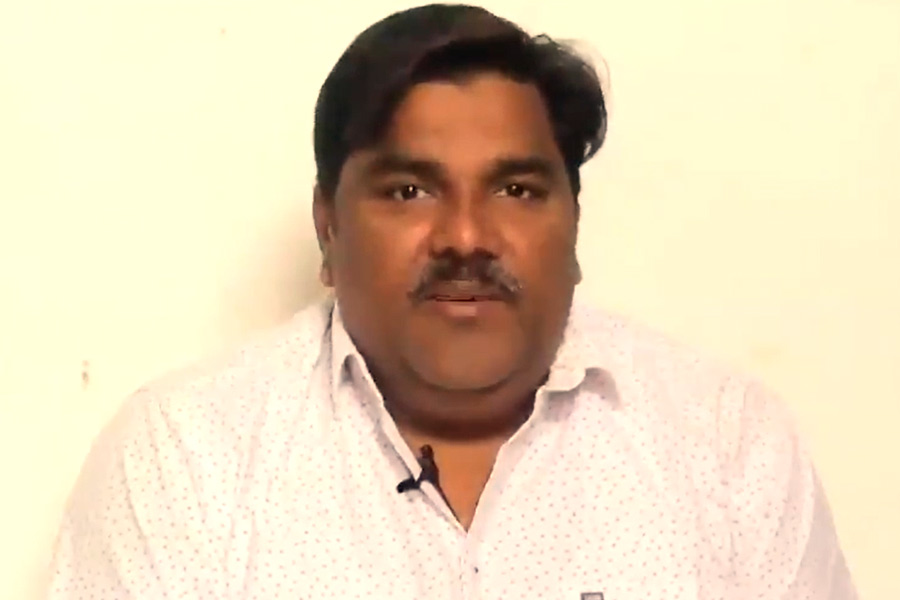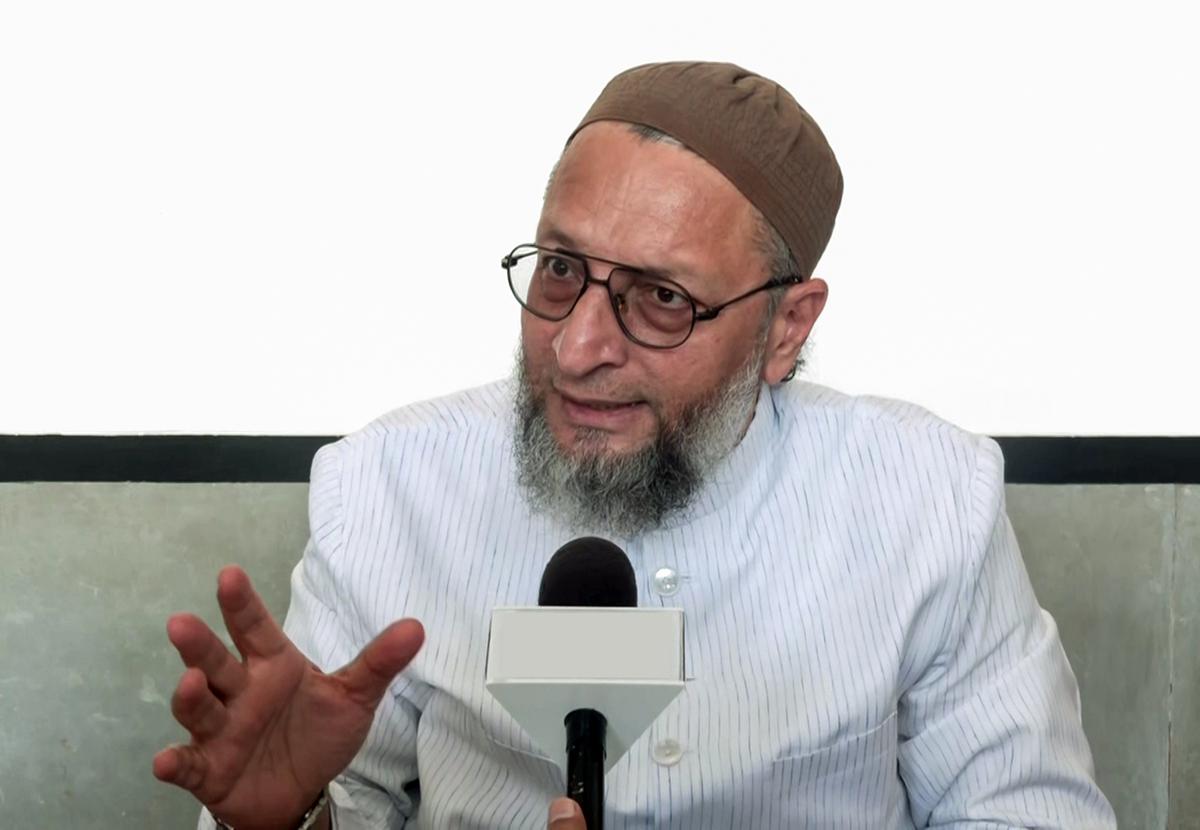Death toll reached to 558 in Israel's deadliest airstrikes on Lebanon: Health Ministry
Wed 25 Sep 2024, 00:27:12
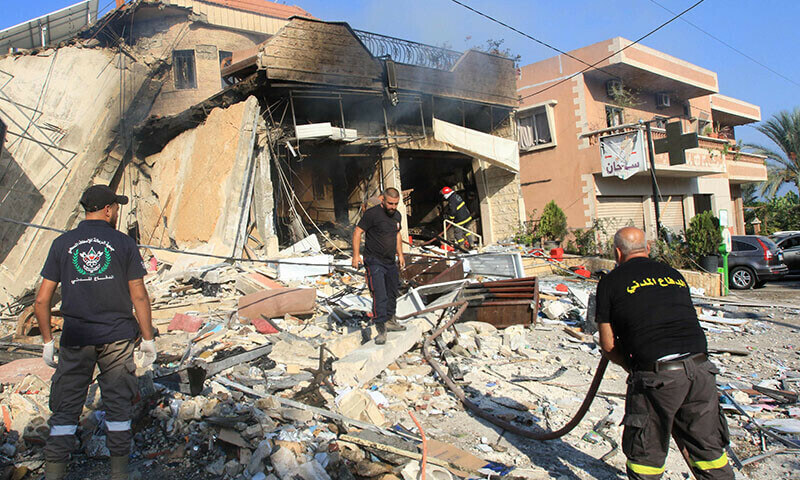
The death toll from the Israeli strikes on Lebanon since Monday reached 558, including 50 children and 94 women, with 1,835 wounded, Health Minister Firass Abiad said on Tuesday. Abiad added that four paramedics were among those killed, and 16 paramedics and firefighters were among the wounded.
Israel's military says it’s conducting a wave of airstrikes in southern Lebanon, Targeting the militant Hezbollah group’s infrastructure. It says the strikes have been setting off secondary explosions, which the military claims show there were weapons being housed inside the buildings. Military spokesperson Avichay Adraee issued a call on X for residents of "Lebanese villages" to evacuate but did not specify which villages. The strikes came after Israel’s military reported that 100 rockets had been fired at Israeli territory from Lebanon since midnight.
Meanwhile, Hezbollah said it targeted several Israeli military targets overnight including an explosives factory 60 km into Israel, which it attacked with Fadi rockets around 4 a.m. (0100 GMT). It said it had also attacked the Megiddo airfield
near the northern Israeli town of Afula three separate times.
near the northern Israeli town of Afula three separate times.
After almost a year of war against the Palestinian militant group Hamas in Gaza on its southern border, Israel is shifting its focus to the northern frontier, where Hezbollah has been firing rockets into Israel in support of Hamas, which is also backed by Iran.
With the region increasingly on edge, over 30 international flights to and from Beirut on Tuesday were cancelled, according to the Rafic Hariri International Airport's website. Airlines affected included Qatar Airways, Turkish Airways and some from the United Arab Emirates.
Some Lebanese hospitals are overwhelmed by the number of wounded, a World Health Organization official in Lebanon said, and Haifa's main hospital has moved operations to an underground facility after the Israeli city was attacked on Monday.
"We're looking at tens of thousands (of displaced in Lebanon), but we expect that those figures will start to rise," said the U.N. refugee agency's spokesperson, Matthew Saltmarsh. "The situation is extremely alarming."
No Comments For This Post, Be first to write a Comment.
Most viewed from International
Most viewed from World
AIMIM News
Asaduddin Owaisi questions PM Modi's China policy
Jan 08, 2025
Owaisi slams UP over police post near Sambhal mosque
Dec 31, 2024
Latest Urdu News
Most Viewed
May 26, 2020
Which political party will win the Delhi Assembly polls to be held on Feb 5?
Latest Videos View All
Like Us
Home
About Us
Advertise With Us
All Polls
Epaper Archives
Privacy Policy
Contact Us
Download Etemaad App
© 2025 Etemaad Daily News, All Rights Reserved.



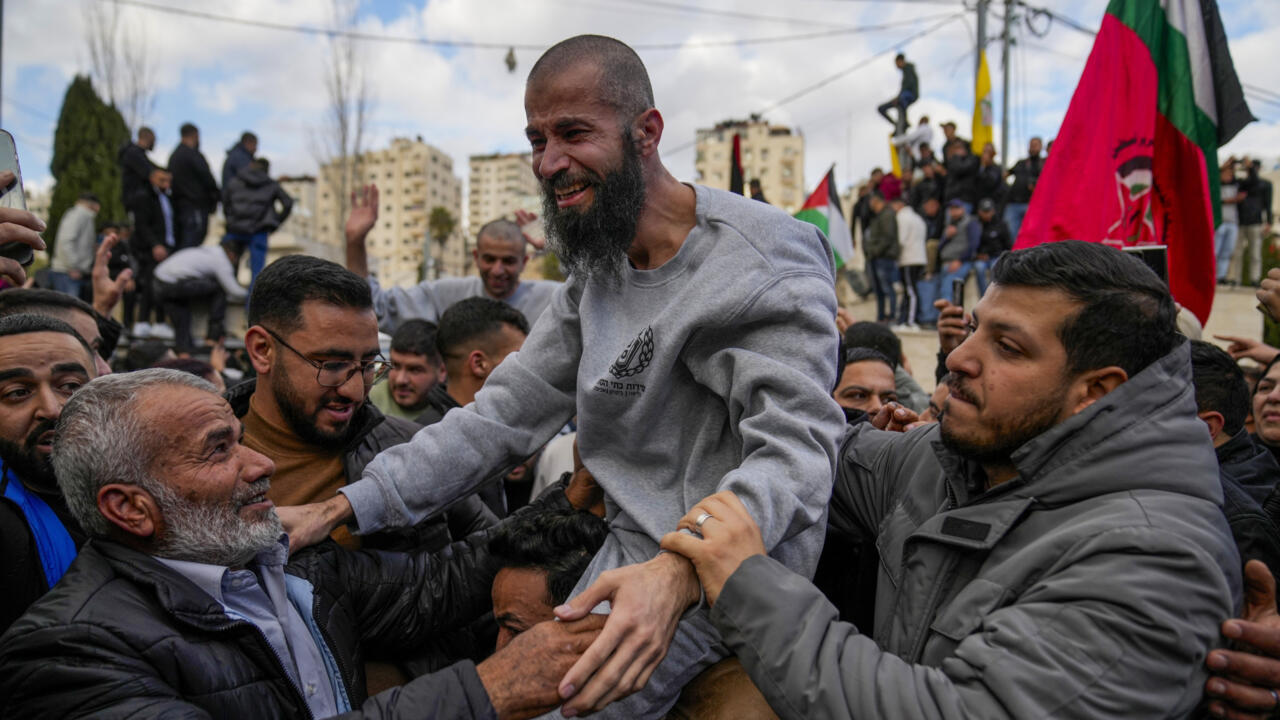

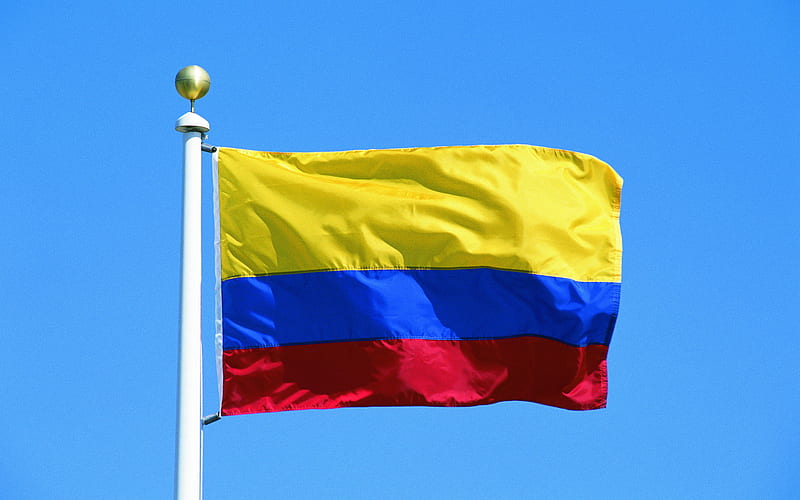
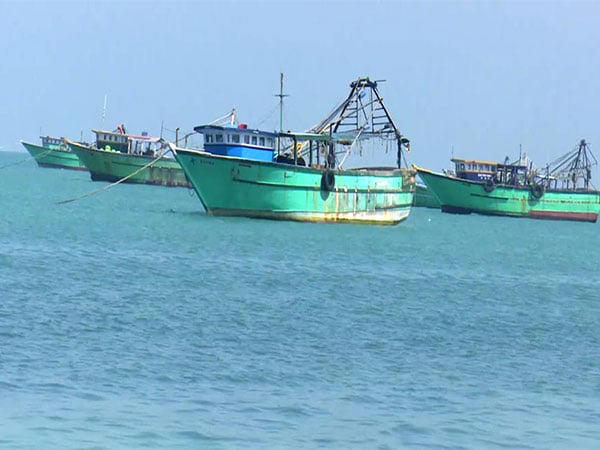
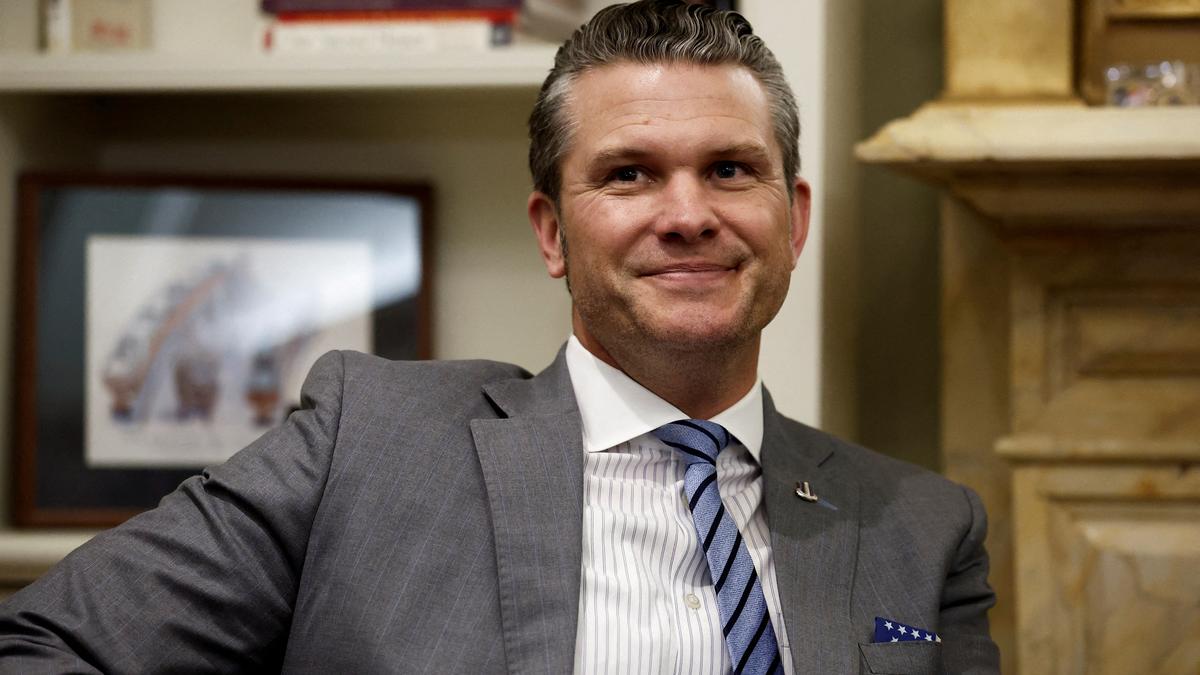
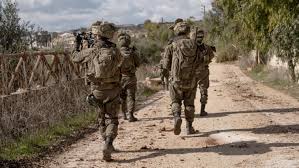
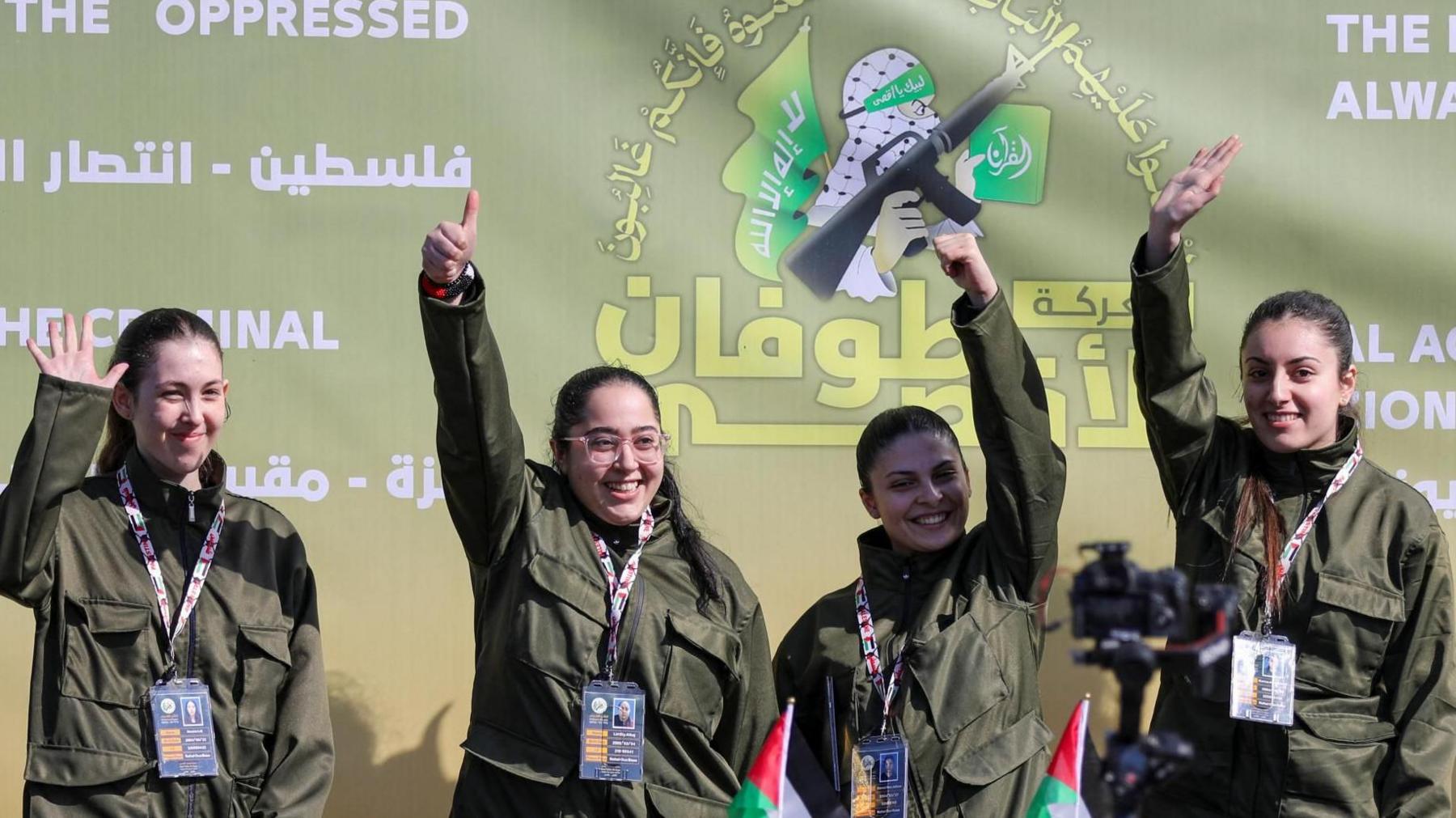

.jpg)
.jpg)
.jpg)
.jpg)
.jpg)
.jpg)
.jpg)
.jpg)
.jpg)
.jpg)
.jpg)

